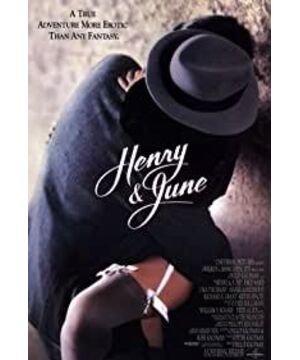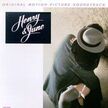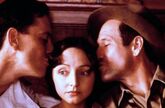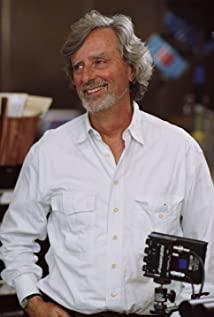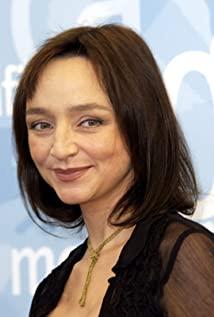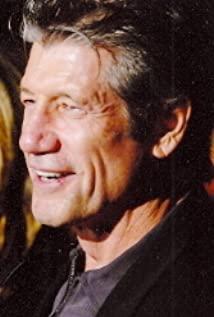Very obsessed with this movie.
In a typical author's film, every character, scene, and plot sequence has strong imagery, including the appearance of the heroine.
The meaning is very beautiful, and the beauty is boring.
The poetic language of the film is wrapped with a lustful and shameless core, which has nothing to do with love. Absolute selfishness, sex, hallucinations, and money.
It's full of B-fuck and slutty movies.
The literati's self-righteousness, pretentiousness, self-satisfaction, and grand moral decline are vividly displayed.
One spends a friend's money and sleeps with a friend's wife, and another takes her husband's money for her lover, and at the same time despises her husband for not being arty.
Too many films tell us not to marry a young literary woman as a wife.
Award-winning screenwriter Philip Kaufman directs for the first time, putting literaryness at the top of the human relationship food chain. So Joan Worship and Backward Henry, Ana Essinian and Backward Henry and Joan, poor Hugo Worship and Backward Ana Essin, which is Hugo the Banker, feeds everyone, and that stupid cousin, What an inspiring thing for B-dressing artists.
For the sake of literary experience, one can let go of moral decline. But this smoky delusion after the moral decline is so fascinated, there is a psychedelic fantasy of eating opium, the people who love this movie are largely out of narcissism, and I am not exception.
I can't resist any love, my blood starts dancing, my legs spread.
Whoever said this is looking for a draw. But Anais Ning's big innocent eyes stared at you unabashedly, frankly like a child asking for candy.
The two female protagonists are all out-of-this-world beauty, enchanting, fragrant, pure and beautiful.
View more about Henry & June reviews


